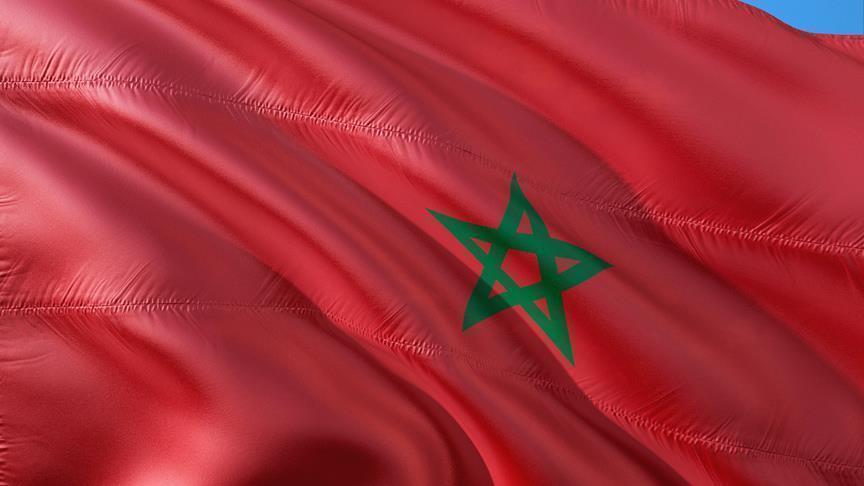Morocco exclusion reflects ‘crisis’ with Saudi: Experts
Morocco was not included in bin Salman's first foreign tour since Khashoggi's murder

By Mohamed Bandaris
RABAT
Morocco was not part of Saudi Crown Prince Mohammed bin Salman’s recent regional tour, a move seen by experts as reflecting a crisis in relations between Rabat and Riyadh.
“Relations between Morocco and Saudi Arabia are going through a ‘silent crisis’,” Salman Bonaman, a Moroccan researcher in international relations, told Anadolu Agency.
“Rabat has chosen a middle way that does not pursue escalation or boycott,” he said.
On Nov. 22, bin Salman started his first foreign tour since the murder of Saudi journalist Jamal Khashoggi inside the Saudi Consulate in Istanbul one month earlier.
His tour included the United Arab Emirates (UAE), Bahrain, Egypt, Tunisia, Argentina, Mauritania and Algeria.
Morocco, however, was not included in the tour, in a move seen as reflecting strained ties between the two countries.
After saying he had left the consulate alive, Saudi Arabia admitted weeks later that Khashoggi – a columnist for The Washington Post - was killed there, blaming his death on a group of rogue Saudi operatives.
A CIA assessment released in November appeared to implicate bin Salman in Khashoggi’s murder.
-Cold ties
Observers cite several signs that show a growing gap between Riyadh and Rabat over the past year.
Unlike most Arab states, Rabat did not issue any statement in support of Saudi authorities in the wake of Khashoggi’s murder.
Morocco has also remained neutral regarding the Saudi-led blockade on Qatar when Saudi Arabia, Egypt, the UAE and Bahrain severed diplomatic and trade ties with Doha in 2017, accusing it of supporting terrorism, an accusation vehemently denied by Qatar.
Ignoring the blockade, Rabat sent an aircraft loaded with foodstuffs to Qatar with King Mohamed VI visiting Doha for talks with Emir Tamim bin Hamad Al-Thani.
In response, Saudi King Salman did not spend his annual summer vacation in the Moroccan city of Tangier as he used to and visited Neom region in northwestern Saudi Arabia instead.
The oil-rich kingdom also voted in favor of the U.S.-Canada-Mexico file to host the 2026 FIFA World Cup instead of the Moroccan file.
"Morocco has its own vision regarding the management of Arab and Gulf relations,” Bonaman said. “This vision is based on solidarity, cooperation, common interest and respect of sovereignty without submission.”
The Moroccan researcher said Rabat seeks to follow a “balanced, neutral and independent foreign policy that supports stability and security”.
"Morocco rejects blackmailing or guardianship by any party,” he said.
-Problems
Omrani Boukhubaza, a professor of international relations at the Abdelmalek Essaadi University, believes that “ambiguity” was shrouding Saudi-Moroccan relations.
“There is a state of vacuum and noticeable coldness, which was reflected in many behaviors, including the no-vote for the Moroccan file to host the 2026 World Cup,” he said.
He said the cancellation of the Saudi king’s annual vacation in Tangier and exclusion of Morocco from bin Salman’s tour were also signs of poor ties between the two countries.
“There are problems between the two countries that resulted from previous events," Boukhubaza said.
"Morocco is trying to distance itself from some issues and avoid going into them,” he said.








